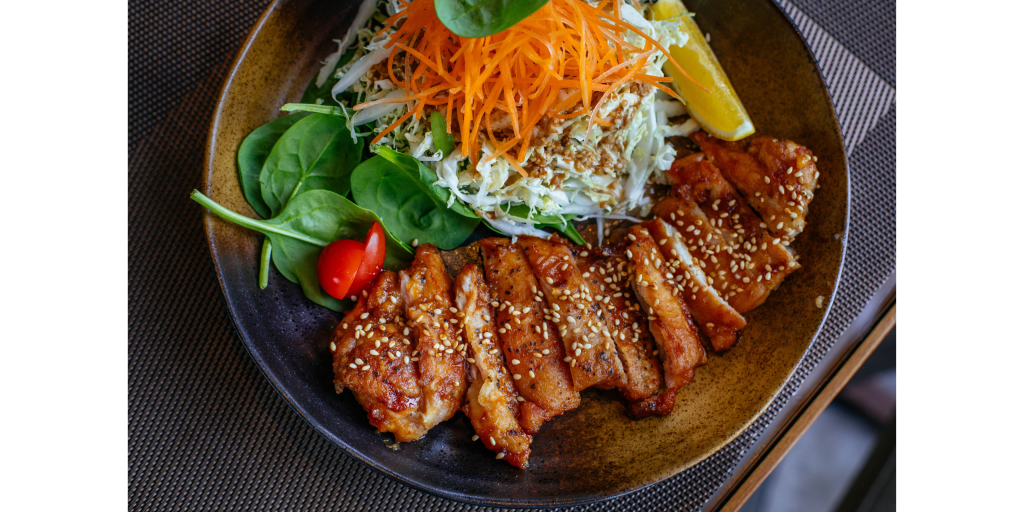New diet trends are being published every month, which would make it appear that eating healthy is about as complicated as curing cancer. Michael Pollan’s “Food Rules” lays out an approach that is anything but complicated. His guidelines provide a straightforward framework for making healthier food choices without overcomplicating the process.

Pollan, a renowned author and advocate for sustainable food systems, distills his wisdom into a collection of 64 concise rules that emphasize the importance of whole, minimally processed foods and mindful eating practices. Take a look at some of the key tidbits of wisdom we identified from the book, and consider applying them to your own approach to eating:
- Eat Food: Pollan’s first rule seems deceptively simple but carries profound implications. By “food,” he means real, whole foods that our ancestors would recognize as such—fruits, vegetables, whole grains, and lean proteins. Avoid highly processed, artificial products that come in flashy packaging and contain a laundry list of unpronounceable ingredients.
- Not Too Much: This rule encourages moderation and mindful eating. Pollan advises against consuming oversized portions and suggests listening to your body’s hunger and satiety cues. By eating slowly and savoring each bite, you’re more likely to feel satisfied with smaller portions.
- Mostly Plants: Emphasizing the benefits of a plant-centric diet, Pollan recommends filling the majority of your plate with fruits, vegetables, legumes, and nuts. Plant-based foods are rich in essential nutrients, fiber, and antioxidants while being lower in calories and harmful fats compared to animal products.
- Eat Like the French, Or the Italians, Or the Japanese…: Pollan highlights the traditional dietary habits of cultures renowned for their health and longevity, such as the French, Italians, and Japanese. These populations typically enjoy meals with family and friends, prioritize fresh, seasonal ingredients, and savor their food slowly, fostering a more mindful and enjoyable eating experience.
- Don’t Eat Breakfast Cereals That Change the Color of Your Milk: This rule serves as a cautionary reminder to steer clear of overly processed, sugary breakfast cereals marketed towards children. Opt instead for whole grain options or homemade oatmeal topped with fresh fruit for a healthier start to the day.
- Treat Treats as Treats: Indulge in sweets and other indulgent foods occasionally, but don’t make them a regular part of your diet. By viewing these treats as occasional indulgences rather than daily staples, you can maintain better control over your overall calorie intake and avoid the pitfalls of excess sugar and unhealthy fats.
- Eat Animals That Have Themselves Eaten Well: When consuming animal products, prioritize those that come from animals raised in humane conditions and fed a natural diet. Look for labels such as “grass-fed,” “pasture-raised,” and “organic” to ensure higher quality and more ethically sourced meat, dairy, and eggs.
- Cook: In an era dominated by convenience foods and takeout meals, Pollan advocates for the lost art of cooking at home. By preparing your meals from scratch, you have full control over the ingredients and cooking methods, allowing you to create healthier, more nourishing dishes that promote better health and well-being.
- Don’t Overshop: Avoid the temptation to stockpile groceries and perishable items that may go to waste. Instead, shop more frequently for fresh, seasonal produce and other perishables, reducing food waste and ensuring that you always have access to high-quality ingredients.
In essence, Michael Pollan’s “Food Rules” offer a timeless blueprint for healthy eating that transcends the latest diet trends and nutritional fads. By embracing simplicity, moderation, and a return to whole, minimally processed foods, we can cultivate a healthier relationship with food and pave the way towards a lifetime of wellness and vitality.

